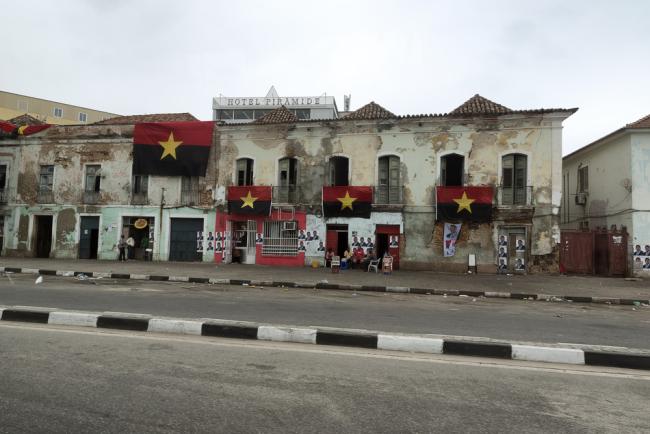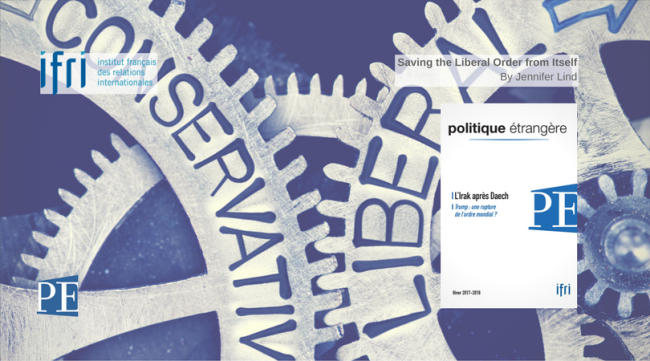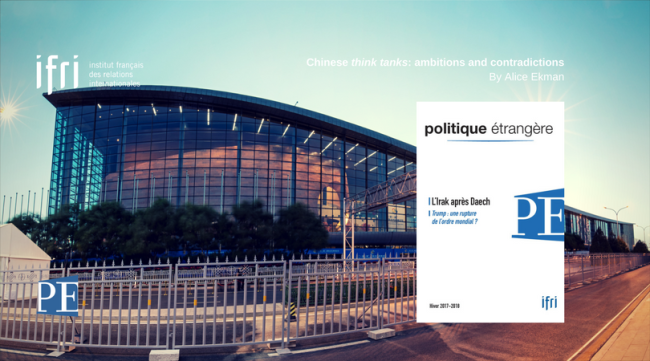Political Systems
At the end of the Cold War, the idea spread that liberal democracy was going to take over the world. In reality, authoritarian regimes have resisted, and political systems remain varied.

Angola under Lourenço. Towards a Negotiated Hegemony
In a matter of months, Luanda politics became unrecognizable. The reasons why, and the ways in which, João Lourenço, President of Angola since september 2017, proceeded to these substantial and unexpected changes will be analyzed in detail in the pages that follow.
The Challenge of Urban Mobility. A Case Study of Addis Ababa Light Rail, Ethiopia
In September 2015, Addis Ababa introduced the first Light Rail Transit system (LRT) in sub-Saharan Africa. This tram, a symbol of Ethiopian renewal, was nevertheless barely used by the capital’s residents during the first few months. However, at the time of our research trip in April 2017, access to the tram during rush hour was difficult and the trams were overcrowded.
Democracy in Asia: Models, Trends and Geopolitical Implications
Assessing the state of democracy in Asia is a challenge. While some countries, such as Japan and India, have been showing the way from early days, some others, such as in Southeast Asia are still struggling to ensure stable and sustainable democratic institutions and practices.
What Is a Good Security Sector Reform?
For about 20 years, security sector reform (SSR) has emerged as an essential tool for crisis recovery and reconstructing weak and failed states at the heart of the security-development continuum. It is time to take stock of the lessons learnt about SSR and to offer an analysis of good practices and the lessons learned from these experiences.
Is South Africa at Risk? A Political Economy Analysis
The President, Jacob Zuma, replaced his respected Minister of Finance, Pravin Gordhan, on the 30th March 2017. It was the second attempt in two years (this time successful) to put an official in this key position who is "acquiescent" to the president's projects.
Russia's election interference has undermined American democracy
In January 2017, U.S. intelligence agencies confirmed that Russia had indeed attempted to interfere with the 2016 U.S. election campaign. This effort took two forms: on the one hand, beginning in the Summer of 2016, the hacking and publication of the Democratic National Committee (DNC) emails, in order to hurt the Democratic candidacy; and on the other hand, an aggressive communication campaign aimed at disrupting the electoral process in favor of Donald Trump.
Democracy in Africa: Reversing Backsliding after Ten Years of the African Charter on Democracy
Between 15-21 November 2017, a day short of one week, Africa’s second longest-serving leader, President Robert Mugabe of Zimbabwe was forced out of office through a spectacular coup d’État. The collapse of Mugabe is hardly surprising, with the country having experienced close to two decades of democratic backsliding.
Saving the Liberal Order from Itself
The election of Donald Trump is a symptom of a general crisis in international liberal order.
Chinese Think Tanks: Ambitions and Contradictions
Since Xi Jinping became president of China, the number of think tanks has considerably increased.

Kind Words, Cruise Missiles, and Everything in Between. The Use of Power Resources in U.S. Policies towards Poland, Ukraine, and Belarus 1989–2008
According to realist premises, the United States has an interest in remaining the world's only superpower, thus creating the need to manage and maintain unipolarity. The pursuit of this grand strategy, however, required the U.S. to adapt its various strategies to individual states. Poland, Ukraine, and Belarus have played very different roles.
Support independent French research
Ifri, a foundation recognized as being of public utility, relies largely on private donors – companies and individuals – to guarantee its sustainability and intellectual independence. Through their funding, donors help maintain the Institute's position among the world's leading think tanks. By benefiting from an internationally recognized network and expertise, donors refine their understanding of geopolitical risk and its consequences on global politics and the economy. In 2025, Ifri supports more than 80 French and foreign companies and organizations.
















